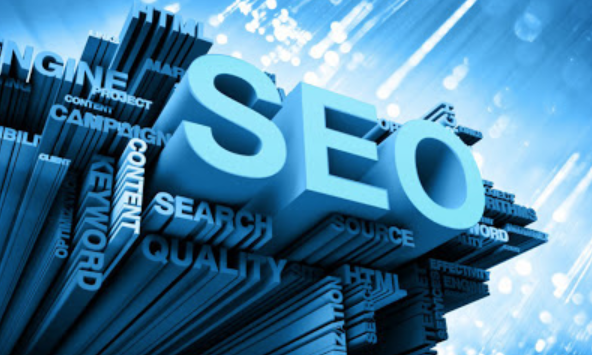Links: Internal, External, Outbound & Inbound
A link or hyperlink is a clickable object on a webpage that leads from one page to another. Links may visibly appear as text, images, or buttons. We classify links based on the destination of the link; whether it leads users to another page on the same site or a different website.
Internal links are links between the pages within your own website.
External links are hyperlinks that direct the reader to a reputable page on a different website.
Outbound links are those links on your website that link out to websites with a different domain name.
Inbound links are links that come from other websites or a different domain name.
Important SEO Issues Regarding Links
- You should be linking to some external resources. Some external linking with DoFollow links, help your articles and website gain authority.
- You should be linking to other resources on your website. Internal links add value to your website.
Permalinks
The permalink is the full URL of any post, page or other piece of content on your website. It could include your domain name (www.yourdomain.com) and what's called a slug; the piece of the URL that comes after the domain name. Therefore, a permalink or permanent link is the address (URL) of a web page. It is called permanent link because it's not expected to change throughout the life time of a page.
Important SEO Issues Regarding Permalinks
- Should be short. Delete unnecessary words. The average URL on a number one ranked page is only 59 characters long.
- Avoid using a date or year in it, like "Best review 2020". It's better to write "Best review" and remove the 2020 part. The year can, however, stay in your post title, if you want.
Lastly, we shall see SEO related points with regard to content, images and a few miscellaneous issues.
Thanks for all of this tutorial.
I need to understand on the issue of Date in a URL. On WordPress, you can choose whether the month and year of publication of your article appears. I chose to have that on my initial / main website. But for my new / "extracurricular" website, I left that option out (so far). So the format of the URLs for the two websites looks thus:
https://mainwebsite.com/2020/11/hi-aparna/
https://newwebsite.com/hi-aparna/
By "Avoid using a date or year", do you mean that the URLs / permalinks of my main website are not good for SEO?
Regards












